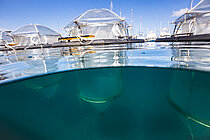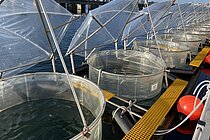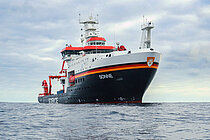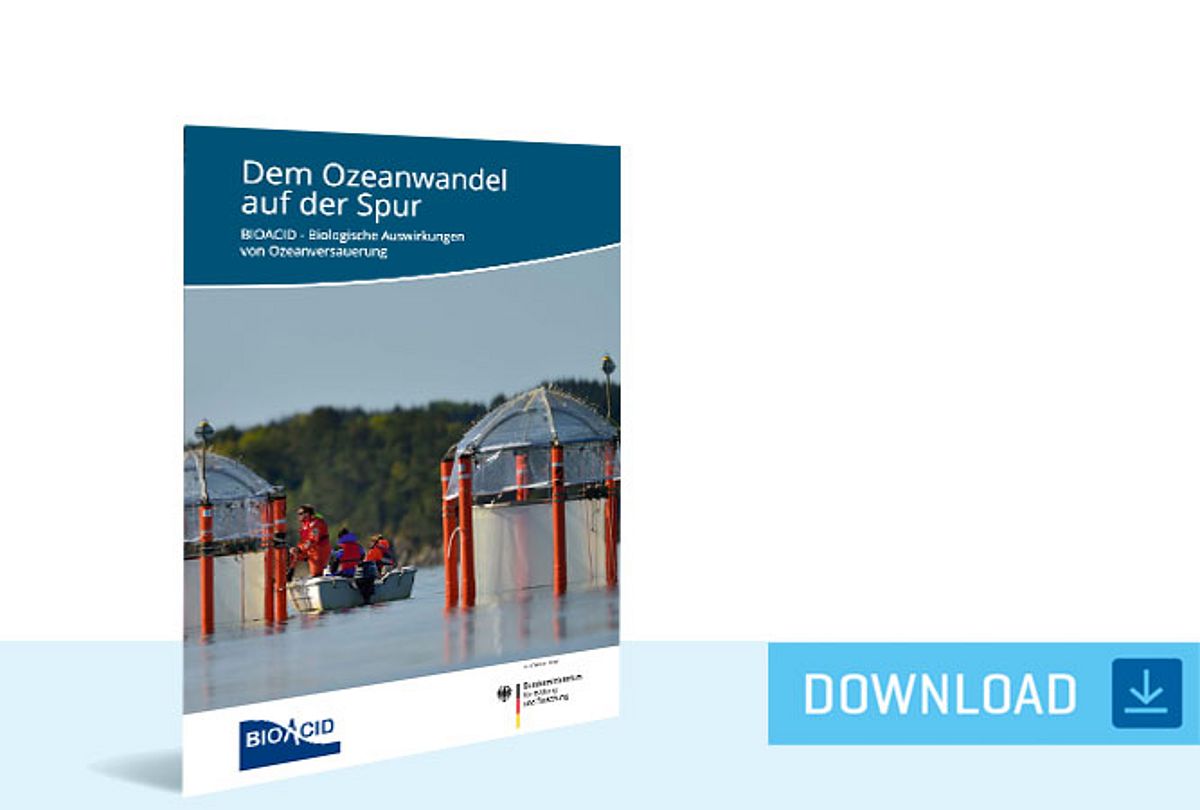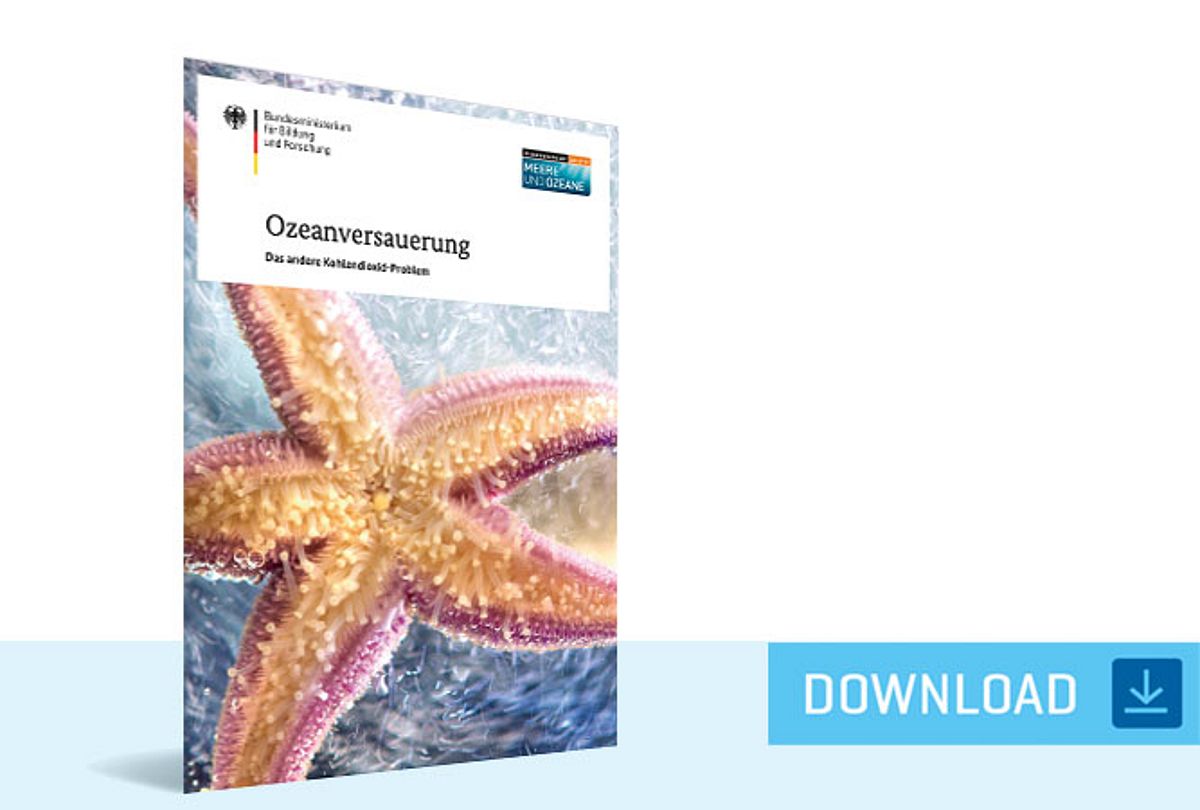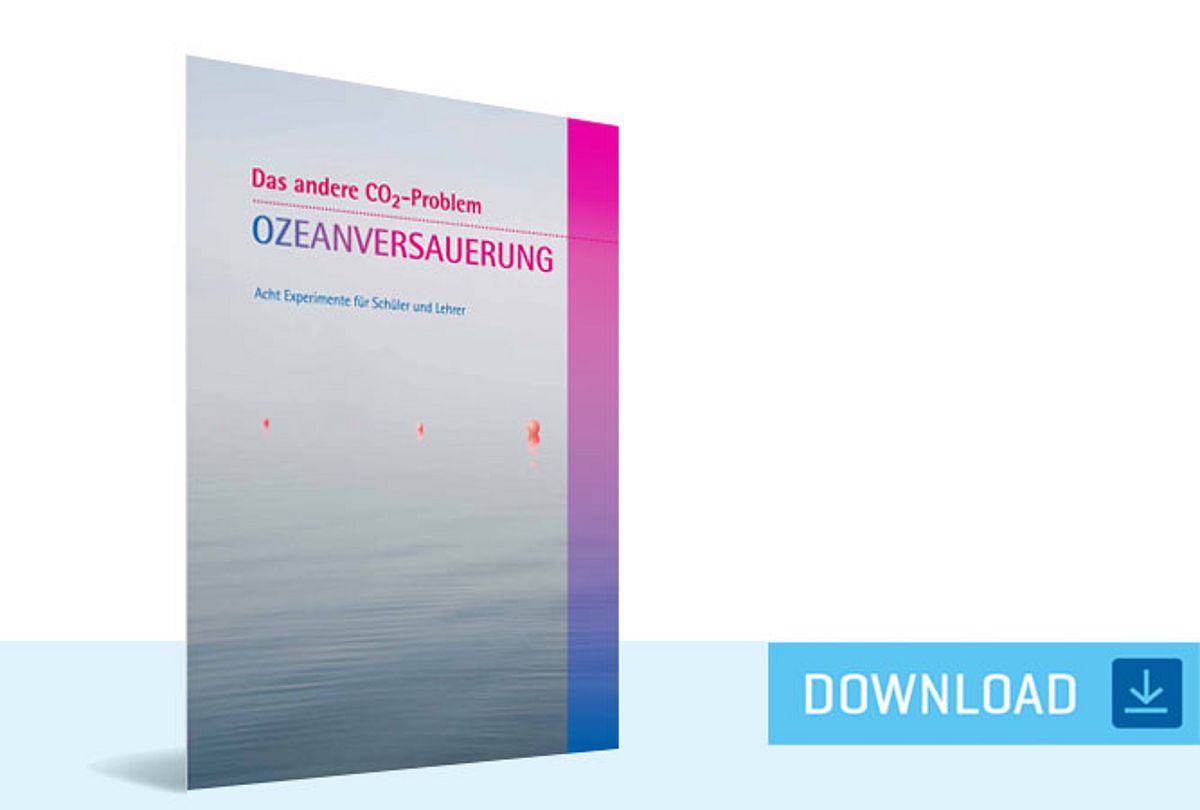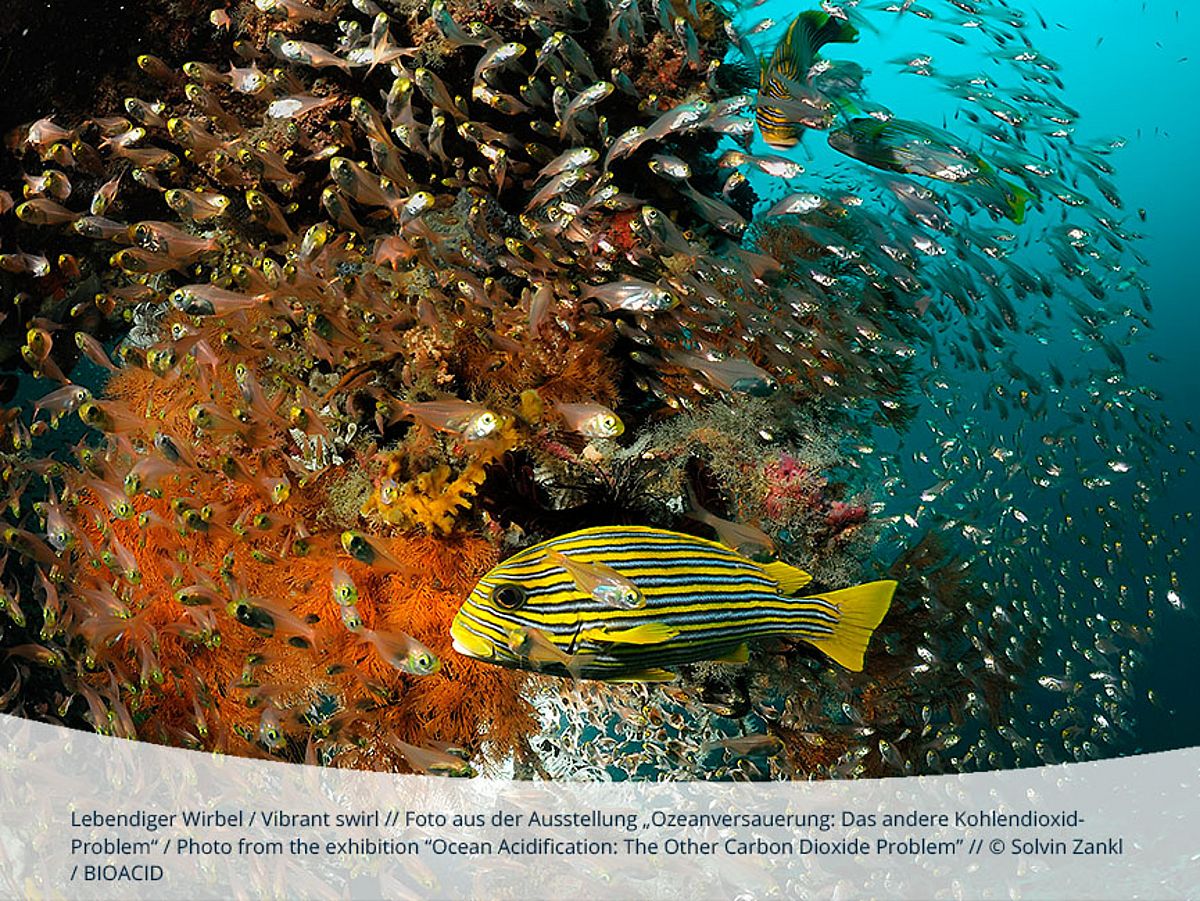Ocean Acidification - the Other Carbon Dioxide Problem
From the Arctic to the tropics, ocean acidification changes life in the sea. By absorbing carbon dioxide (CO2) from the atmosphere, the ocean slows down global climate change. But in seawater, the greenhouse gas causes a chemical reaction with far-reaching consequences: carbonic acid is formed, and the pH drops. any plants and animals that build their shells or skeletons of calcium carbonate are at serious risk, because they need more energy to maintain growth in more acidic water. Also the development of important food fish can be affected. Organisms that convert carbon dioxide into energy by photosynthesis, however, could benefit. In addition, certain species are able to adapt to new conditions in the long run. The roles in the marine food web are redefined, while other factors such as rising temperatures, loss of oxygen, eutrophication, pollution or overfishing additionally might further influence the effects of ocean acidification.
Reactions of marine organisms to increasing ocean acidification
Marine organisms react very differently to increasing ocean acidification. The figure shows how different species might react to acidification depending on the decrease in pH (left scale) and the increasing CO2 concentration (right scale). The curves show four scenarios for CO2 development during the 21st century. Source: Modified after C. Turley et al. Mar. Pollut. Bull. 60, 787-792 (2010)
BIOACID - Exploring Ocean Change
The BIOACID video
Between 2009 and 2017, the German research network Biological Impacts of Ocean Acidification (BIOACID) investigated how different marine species respond to ocean acidification, how these reactions impact the food web as well as material cycles and energy turnover in the ocean, and what consequences these changes have for economy and society. More than 250 members of 20 German research institutes, representing a broad range of marine science disciplines, participated in the project coordinated at GEOMAR.
Prof. Dr. Ulf Riebesell, marine biologist at GEOMAR Helmholtz Centre for Ocean Research Kiel and coordinator of the German research network on ocean acidification BIOACID, has been among the first scientists who investigated the effects of carbon dioxide on marine organisms. In this BIOACID Science Portrait video, Prof. Dr. Ulf Riebesell reports how the KOSMOS mesocosms, “giant test tubes”, help researchers to find out more about the reactions of plankton communities to ocean acidification – and what these field experiments mean to him.






















